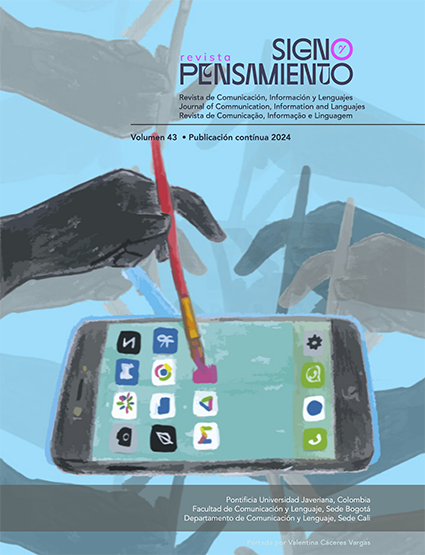Abstract
In this paper we examine the factors that drive cybernationalism and the so-called digital governance in media policies. The curious absence of debates and strong efforts to regulate digital platforms in the region contrasts with the trends observed in the US, Europe, China and India. Over the past two decades, the Latin American region has largely adopted a deregulatory, laissez-faire approach to fundamental issues about the structure and functioning of the Internet, including the performance of the conglomerates that own global digital platforms, moderation, and editing. of speeches, content traffic, personal data of users, ownership of infrastructures, their access, and the economic taxation of the sector. That is the focus of analysis of this article.

This work is licensed under a Creative Commons Attribution 4.0 International License.
Copyright (c) 2024 Martin Becerra, Silvio Waisbord


